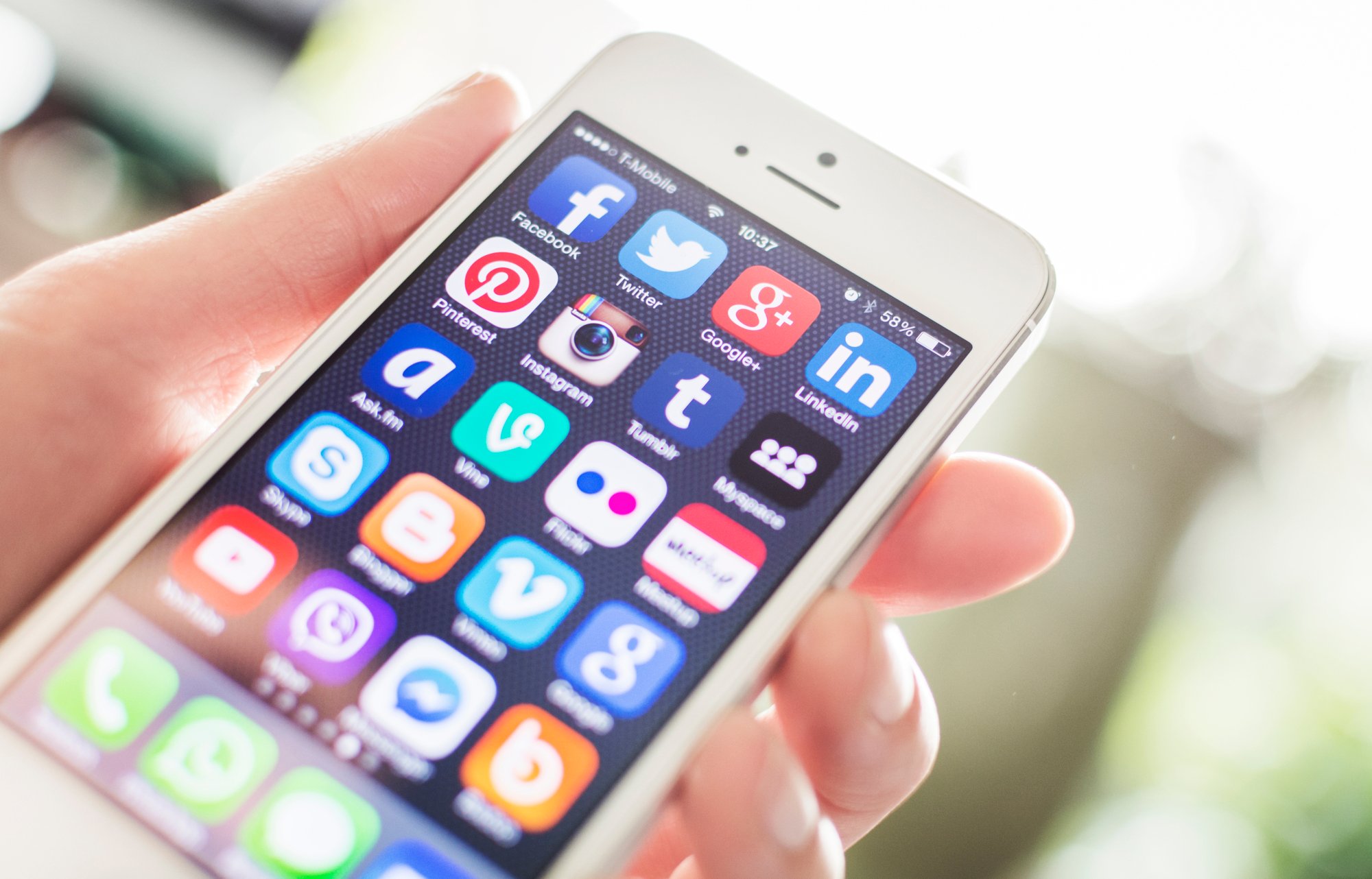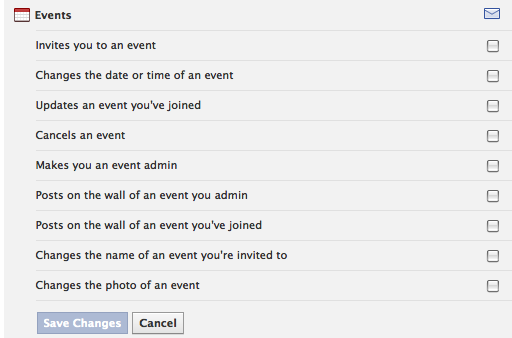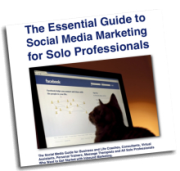
My name is Julia and I am an addict.
I am addicted to social media. This was inevitable because social media is designed to addict us so it can keep us engaged and change our behavior. Then we buy more and more stuff via their ads and they make billions.
Wondering if you are a social media addict? Do you visit social media everyday? Do you participate on more than one site? How many minutes/hours per day do you spend? Have you ever bought anything via an ad on social media? Have you ever found a fake news story there? Do you ever get upset at things your friends or others post? Have you ever caught yourself mindlessly scrolling through your feed without curiosity or enjoyment? Have you caught yourself doing that more and more?
That last item is telling.
Mindless scrolling is like watching bad TV at 3 AM because you're "too tired" to go to bed. TV is just as addictive as social media and for the same reason. Mindless scrolling is also like binge drinking when you really don't want another drink.
What I discovered after I left my last social media site surprised me. And it led to other important changes in my life. How I got off is a bit amusing but the ramifications are huge.
Read on for how I escaped and what happened next...
I won't bore you with details of my history with social media. Long story short, I all but gave up on it long ago as a viable marketing strategy. I still use LinkedIn a bit for that but I spend almost no time there. And some sites that I used to enjoy, like Twitter, are so overrun by bots, propaganda, advertising, and toxic politics that I had long since given up on them. But Facebook was the one site where I still connected with colleagues and out-of-town friends and relatives so I made an exception for it. I thought the good outweighed the bad.
Then Facebook became a problem.
A few years ago, a friend who teaches a college course on social media marketing told me she quit Facebook because she had become addicted to it. I should have known it would happen to me, too. Was it the noxious politics that drove me away or the belligerent posts by friends of friends that woke me up? Nope.
In my efforts to control my addiction, I accidentally locked myself out.
Like an alcoholic who thinks they can control their addiction by avoiding bars and keeping booze out of the house, "except for special occasions," I removed all Facebook apps from my devices, then logged in on my iPad with a new password that I did not save. This way, I could only access Facebook on that one device. However, that did not limit the time I spent there. I still found myself mindlessly scrolling and gradually became more disenchanted. Then one day I accidentally closed Facebook.
To my surprise, I couldn't be bothered to retrieve my password.
Did you know retrieving your Facebook password is more onerous than it is for your bank account? At first, I thought that was what stopped me. Then I said I would go back to Facebook after the presidential election. Then I pushed that back until after the inauguration. With each passing deadline I was less willing to return. Why?
I felt so much happier after I left.
I was no longer triggered by my friends' political posts. Instead, I was spending my time reconnecting with actual friends and deepening our relationships just like I used to before social media. Even via Zoom during the lock-down, those relationships feel more meaningful than the likes, comments, and shares I was previously settling for.
Plus, now free of the constant manipulation of Facebook, I became increasingly sensitive to the manipulations of other types of media. I canceled cable TV so I wouldn't be tempted to visit cable news stations, anymore. I found free internet news apps that cover topics in-depth without the constant drama, sensationalism, and fake outrage. I prefer feeling a calm sense of well-being even while consuming news.
Then I noticed how manipulative the newspaper I've been reading for forty years has become. Before, I thought my dissatisfaction with it was because, over the years, I've changed and they've changed and that's understandable. But it's the news media's job to inform us, not tell us what to think. Negativity bias has always been a problem with the Fourth Estate because worried people buy more newspapers, or apps, as the case may be. And implicit bias has always been there. It's sad though to see a formerly solid source of information blatantly manipulate its readers. No wonder we are so polarized. It's hard to get the facts without editorializations so we simply operate with opinions.
I unsubscribed from that paper.
What do I do now that I have so much more freedom and time? Deeper relationships comes first. Then occasionally checking the news online. Then reading for pleasure. And I scratch my information itch by reading non-fiction books of interest to me personally and professionally. That helps me keep my evidence-based coach training classes current and fosters my personal growth.
From there, I realized all the toxicity of the past year or so had caught up to me.
I had anxiety. Fortunately, one of the books I read, The Body Keeps the Score, mentioned something called Direct Neurofeedback. I did a few months of it and the results have been fabulous. It was pleasant; it was easy. And I am so much more relaxed, not in a drugged way, but in a healthy and vital way.
Funnily enough, direct neurofeedback works the same way Facebook does.
It uses the neurotransmitter, dopamine, the brain's reward chemical, to retrain the brain to a healthier state, instead of addiction. I find I am now more focused, confident, optimistic, and most of all, aware.
Practicing any addiction will separate you from your intuition and healthy empathy.
Quitting Facebook helped me get back to my True Self. All it took was a mistake, noticing how it felt, and a little neuroscience.
[UPDATE 11-10-21: I have learned to make brief visits to a couple of social media sites for marketing reasons. I am no longer tempted to go in deep. Still avoiding the scroll: Even Apple News can become a problem. Hearing from friends who also have abandoned these sites. And here is research on the topic at Greater Good: Even During the Pandemic, Social Media Didn’t Help Mental Health by Michael Prinzing and one of my favorites: Barbara Fredrickson.]
Learn more about coaching and neuroscience here.





 If you're a relatively new business or
If you're a relatively new business or 
 Post by
Post by





